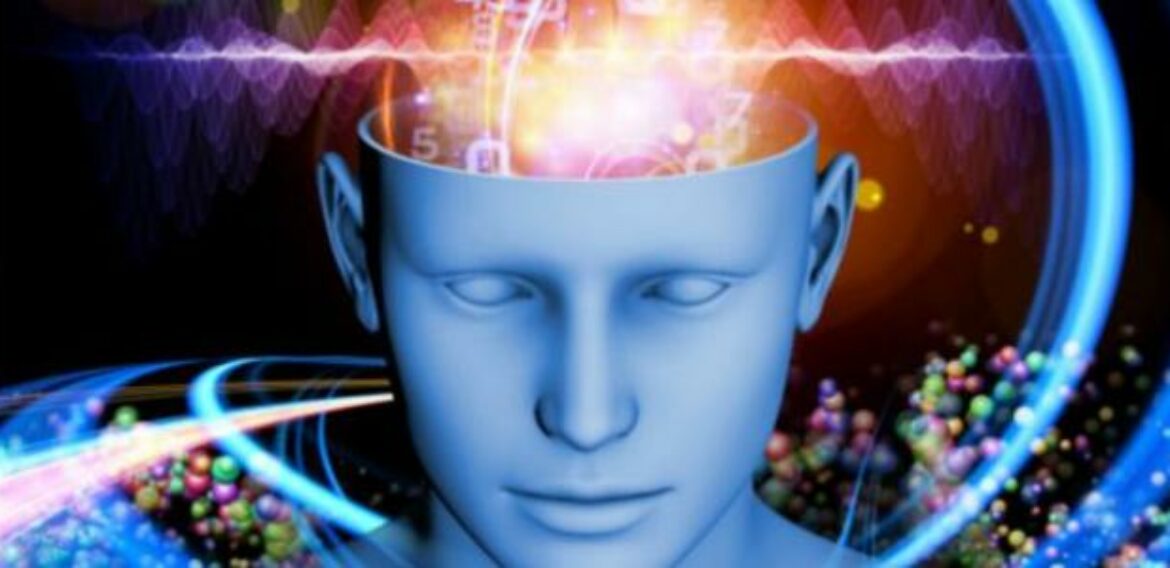- Comfort
- Light
- Grey
- Dark
The Human Memory
Psychological research has provided us insight into how our memory works and how we can improve our memory. The mind’s ability to store and recall information is astounding, yet it is often overlooked and taken for granted. Without memory how would we learn anything?
Several models of memory have been devised in attempt to explain how the memory works, including the Multi-Store Model of Memory (Atkinson & Shiffrin, 1968). This model has three key components: Short-term memory, Long-term memory and Sensory memory. All three components have different levels of capacity, duration and encoding, which are supported by research. For instance, Miller (1956) suggested that the capacity of short-term memory is 7 +- 2 ‘chunks’ of information.

This model of memory is supported by a large amount of research and can also effectively explain primacy and recency effects in recall. However, this model is very reductionist as it simplifies such a complex theory into very simple terms. For example, Baddeley and Hitch (1974) have shown that the Short-term memory is far more complex than this model suggests and is infact made up of many different components. Also, this model cannot explain why rehearsal doesn’t always lead to the information being stored in the Long-term store- for example, revising your lecture notes yet not being able to recall the information in an exam.
An extraordinary case study of a woman who can remember everything shows just how amazing our memory is. In 2008, the newspapers were strewn with stories of a woman who claimed to remember everything, including the smallest of details, that has occurred in her life since she was 14 years old. Neuroscientists suggest that this incredible ability to remember everything is possibly triggered by an environmental trauma. Since studying the case study of this woman, Professor McGaugh has found five other cases similar to this one. This suggests that it may be possible for us to recall everything that has happened and that the memory is much stronger than research depicts.
Furthermore, Neuropsychologist, Oliver Sacks looked into the case study of an older woman who one day awoke with songs from her childhood playing in her mind: songs, which she hadn’t listened to since she was young. Yet they were no longer dormant memories and now vividly played in her mind. This event only lasted a few days and was found to be due to temporal-lobe seizures. This provides support for how pliable our memory is and that it can be easily effected by disorders in other areas of the brain. So, not only can we lose our memory through disorders like Amnesia but it is also possible to recall lost memories as a result of other brain dysfunctions.
To conclude, research has shown that our ability to remember and recall information in extremely powerful. Research has shown that we can improve memory through certain techniques (like mnemonics, chunking or association) and that other brain disorders can significantly affect memory. Further research conducted in this area could have revolutionary implications for the future… if we have found that people are able to vividly recall memories, maybe further research could even lead us to be able to change our memories (like in the butterfly effect!)



 العربية
العربية